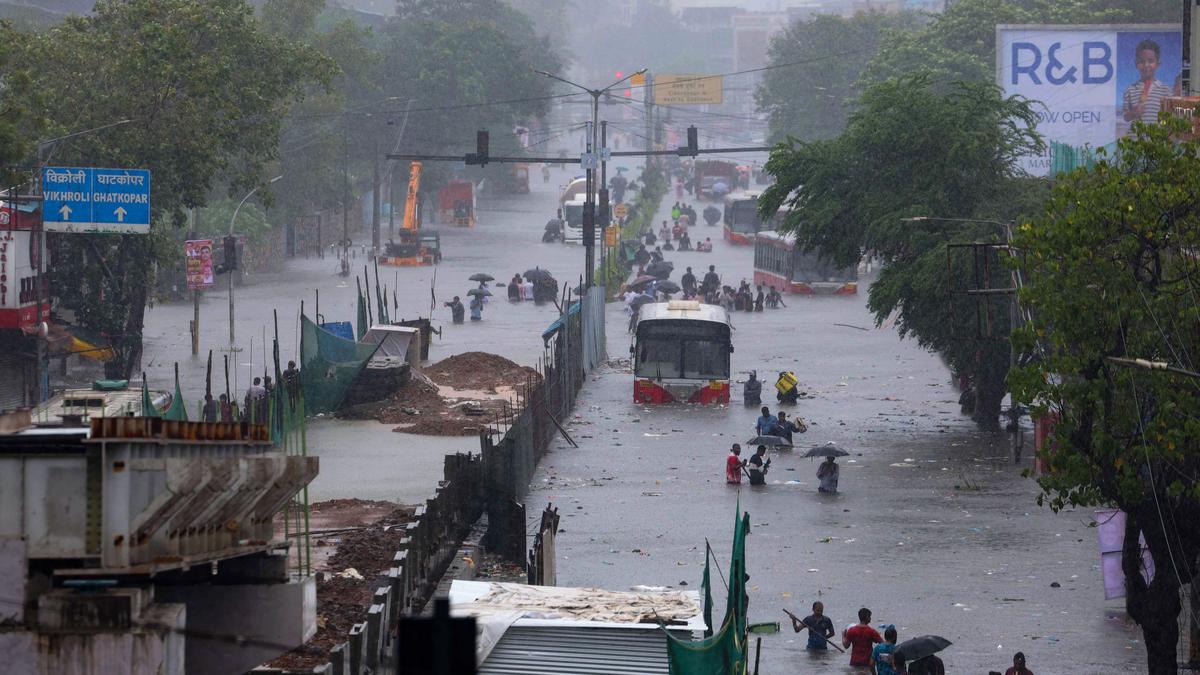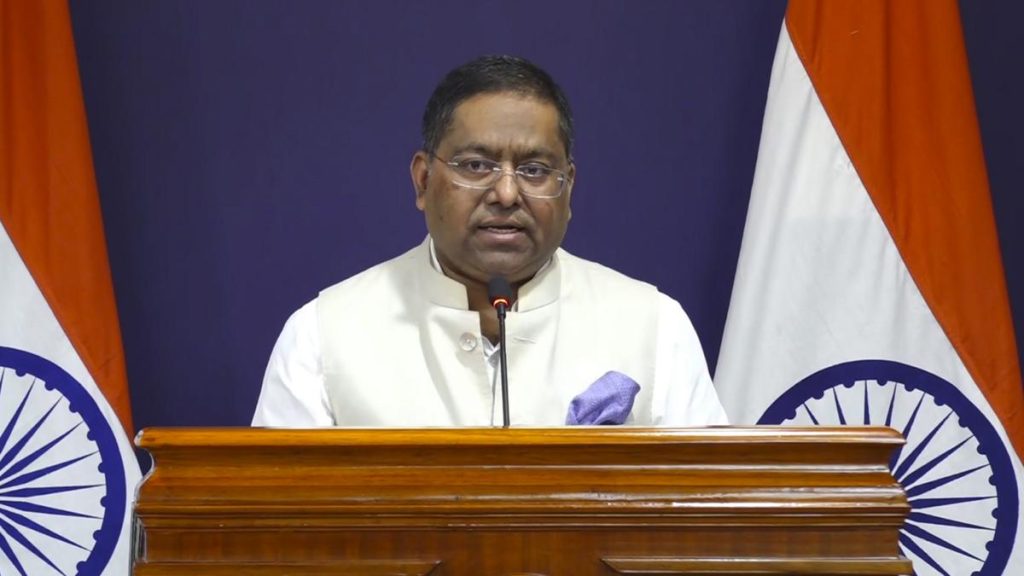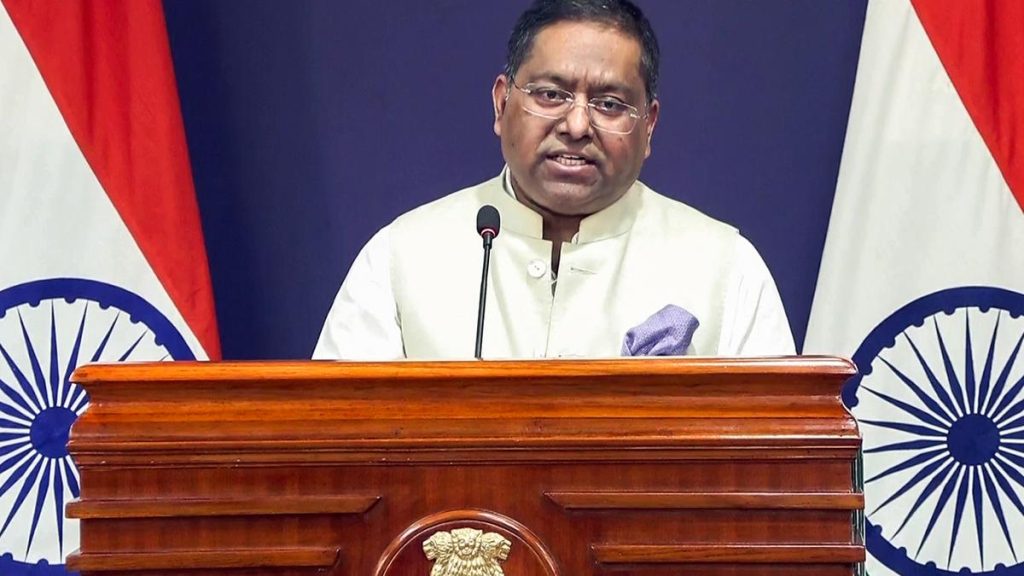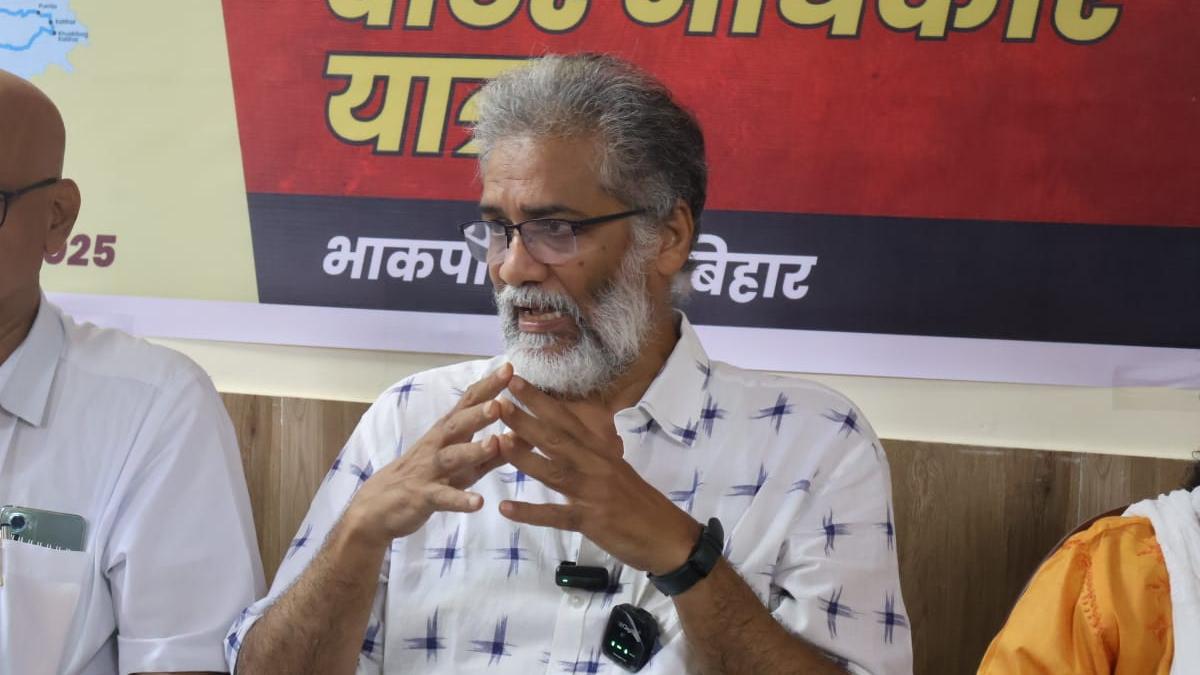Now Reading: Tragedy Strikes Maharashtra: Electrocution Claims Six Lives in Jalgaon and Mumbai
-
01
Tragedy Strikes Maharashtra: Electrocution Claims Six Lives in Jalgaon and Mumbai
Tragedy Strikes Maharashtra: Electrocution Claims Six Lives in Jalgaon and Mumbai

Rapid Summary
- Electrocution in Jalgaon (Maharashtra):
– Five members of a family lost their lives after accidentally coming into contact with an electrified wire fence around a farmland in Varkhedi village, Erandol taluka.
– Victims identified as Vikas Ramlal Pawara (30), Suman Vikas Pawara (25), their sons Pawan (4) and Kaval (3), and Lilabai Jamsingh Pawara (60).
– A two-year-old girl survived unhurt; she is currently under police care.
– The electrified fence was installed by Bandu Yuvraj Patil for crop protection against wild animals. Two dead wild boars were also found near the fence.
– Moisture levels in the soil heightened electrical shock risks despite no rainfall during the incident.
– Residents were from Khaknar taluka, Madhya Pradesh. Police have registered a case and initiated investigations.
- Electrocution in Mumbai:
– Deepak Pille (17) died after stepping on a submerged high-tension cable while walking along LBS Road during heavy rains in bhandup area.
– Eyewitnesses attempted to warn him, but he was wearing headphones and did not hear them. A video showed his collapse following the electric shock.
– Local residents complained about ignored warnings of exposed wires to civic authorities prior to the incident.
- Authorities stated that waterlogged areas pose notable risk due to exposed live wires during monsoon season and urged citizens for heightened caution.
Indian Opinion Analysis
The tragic deaths stemming from electrocution incidents underscore critical infrastructure shortcomings tied to both rural agricultural practices and urban governance challenges. In jalgaon, safety measures surrounding private electrification setups appear lax-electrified fencing without proper safeguards resulted not only in human casualties but also affected wildlife-indicating systemic failure over regulation or monitoring. Urban negligence resonates similarly with Mumbai’s fatality; recurring complaints about loose electrical wiring highlight gaps between public grievances and timely action by civic bodies.
While immediate investigations are essential steps toward justice for victims’ families, these incidents raise broader questions about accountability standards for district administrations and also local governing bodies amidst unpredictable climate conditions like heavy rains or electrically conductive moist soils. India’s rapidly urbanizing spaces require efficient integration of safety frameworks-not contingencies-to safeguard vulnerable populations navigating basic daily tasks under rain-stressed infrastructure scenarios.
Read more: Mumbai Rain Updates
























